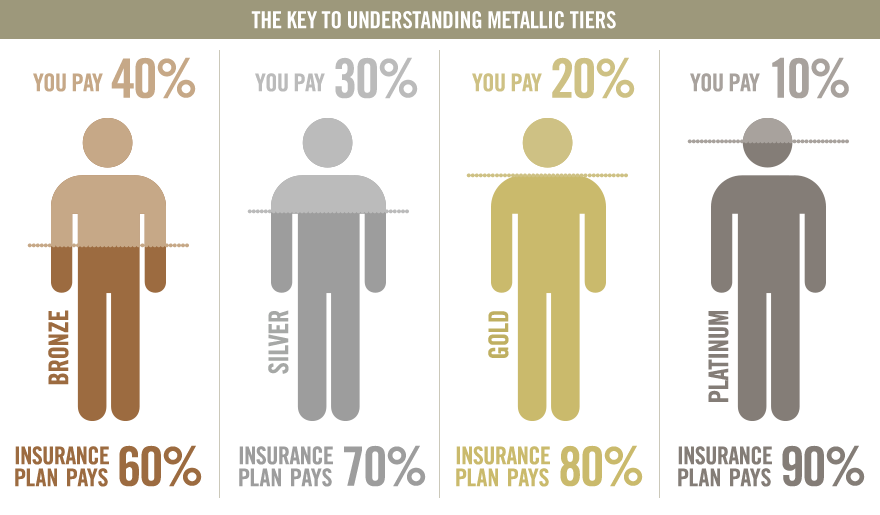Navigating the world of individual health insurance can feel like deciphering ancient hieroglyphics. Worry not! This guide equips you with the knowledge and understanding to confidently choose the plan that fits your needs and budget.
Do you need insurance?
It protects you from unexpected medical expenses, ensuring access to quality care without financial strain.
Who qualifies?
Anyone can purchase individual health insurance, regardless of employment status or pre-existing conditions.
What does it cover?
Plans typically cover preventive care, doctor visits, hospitalization, and various procedures. Coverage details vary across plans, so compare carefully.


Tips & Tricks
Open Enrollment Period
This annual window (typically November-January) is your primary opportunity to enroll in a new plan or change your existing one. Mark your calendar!
Know your needs
Assess your health status, anticipated use, and budget to narrow down your plan options.
Consider network size
In-network providers offer reduced costs, so choose a plan with a network that fits your healthcare preferences.
Schedule Free Audit
Talk with a licensed agent to understand your deductibles, copays, and coinsurance and ensure you have the best option.

Common Plans
Bronze
Covers preventive care and essential services with higher deductibles and out-of-pocket costs.
Silver
Offers more comprehensive coverage with moderate deductibles and out-of-pocket costs.
Gold
Provides broader coverage with lower deductibles and out-of-pocket costs, but higher premiums.
Platinum
Offers the most comprehensive coverage with minimal out-of-pocket costs, but the highest premiums.
Common Plans

Pricing
Individual health insurance premiums vary considerably based on several factors:
Age
Younger individuals typically pay lower premiums than older individuals.
Location
Premiums can differ significantly based on your zip code.
Tobacco use
Smokers generally pay higher premiums than non-smokers.
Plan choice
Bronze plans have the lowest premiums, while Platinum plans have the highest.
Understanding your health insurance options is a critical step towards protecting your financial well-being. We're here to support you every step of the way.